Needs of the Nation: Royal scandals boost support for a republic
Royal scandals have boosted support for an Australian republic over the past decade, as young Australians rebel against the constitutional monarchy.
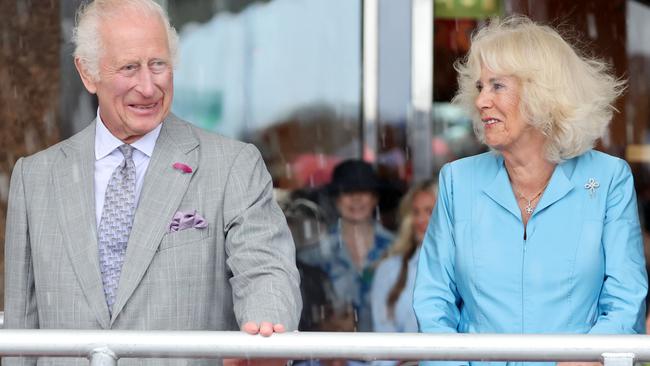
Royal scandals have boosted support for an Australian republic over the past decade, as young Australians rebel against the constitutional monarchy.
The death of Queen Elizabeth II and a run of royal controversies appear to have sapped support for the monarchy, exclusive polling for The Australian’s Needs of the Nation survey shows.
Republican sentiment has grown to 44 per cent – up from 40 per cent in a comparable Newspoll in 2014.
The Australian commissioned polling from The Growth Distillery on key issues for the masthead’s 60th anniversary, comparing results with previous Newspoll results in 2014.
Australian Republic Movement co-chair Esther Anatolitis said the death of Queen Elizabeth II in 2022 had put the rest of the royal family under scrutiny.
Just months before her death, Queen Elizabeth stripped her second son, Prince Andrew, of his military titles and patronages, after he was linked to convicted sex offender Jeffrey Epstein and settled a civil sexual assault case brought against him in the US by Australian-born woman Virginia Giuffre.
Prince Harry, the second son of King Charles, rocked the royal family by moving to California with his American-born wife Meghan Markle, and writing the tell-all biography Spare.
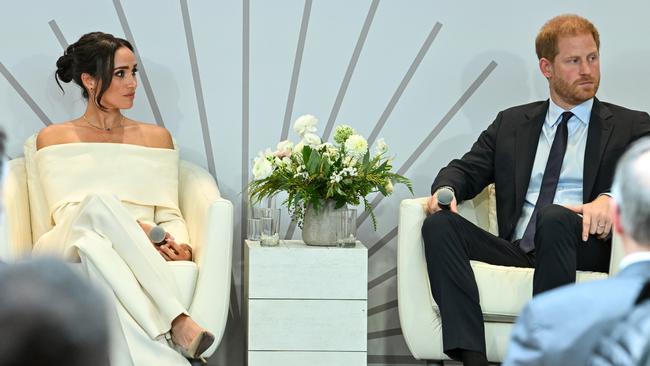
King Charles and his popular daughter-in-law Catherine, Princess of Wales, both had to step back from royal duties this year so they could undergo cancer treatment.
Ms Anatolitis said Queen Elizabeth had been “so exemplary and now people are looking at all those scandals and thinking ‘oh dear, this is the family and they’re here to stay’.’’
She said King Charles’s visit to Australia with his second wife, Queen Camilla, in October, would “open up a lot of questions about why does Australia still have a king and queen?”.
“The monarchy is simply not relevant to Australia today,’’ Ms Anatolitis said.
“Australia’s enormously culturally diverse – half of us were either born overseas, or we’ve got a parent who was born overseas.
“When people migrate to Australia, they migrate to a country which is ambitious and creative and egalitarian and fair.
“You don’t come to Australia thinking you’re going to be part of an elitist structure of privilege, where any public position is inherited.”
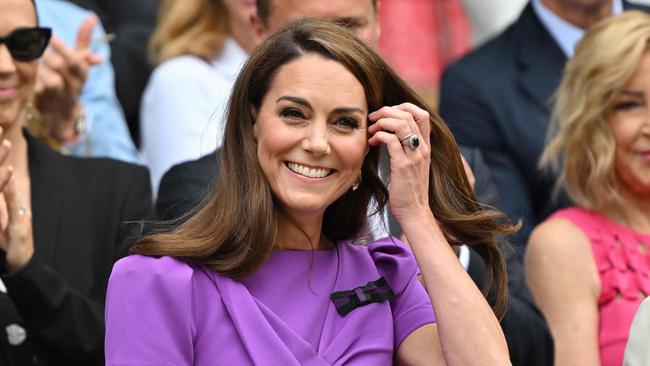
Men and millennials are pushing hardest for a republic, which won support from 50 per cent of men and 37 per cent of women in this year’s poll.
But support dwindles with age – 48 per cent of Australians surveyed aged 18–34 want Australia to become a republic, compared to 39 per cent of over-50s respondents.
Overall, 31 per cent of Australians surveyed this year were against a republic – down from 39 per cent in 2014.
Australian Monarchist League chairman Philip Benwell said Australians were reluctant to change the nation’s constitution or system of governance, regardless of how they felt about the royal family.
He said the US election dramas would scare many Australians away from supporting a republic with an elected president as head of state.
“A lot of people will be looking at the United States and thinking that our system is much, much better,’’ Mr Benwell said.
He predicted that King Charles’ visit to Australia with Queen Camilla would bolster their popularity.
“But as we know from royal visits, the popularity does not last for that long; it’s not entrenched,’’ he said.
“What is entrenched is support for the system of constitutional monarchy.
“People, whether they support the monarchy or not, do not want to tamper with the constitution.’’
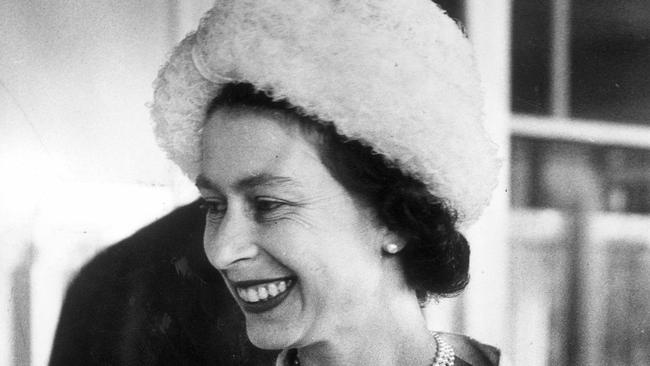
The latest poll shows that 25 per cent of Australians surveyed are yet to make up their minds about the merits of a republic.
But most Australians believe that if we do become a republic, the president should be elected directly by the voting public.
Support for a directly elected president has slipped slightly over the past decade, from 81 per cent in 2014, to 79 per cent in 2024.
Only 11 per cent of respondents would prefer members of parliament to choose the president – down from 14 per cent a decade ago.
Ten per cent of Australians surveyed are unsure about how a president should be elected – a much higher level of uncertainty than the 4 per cent recorded in 2014.


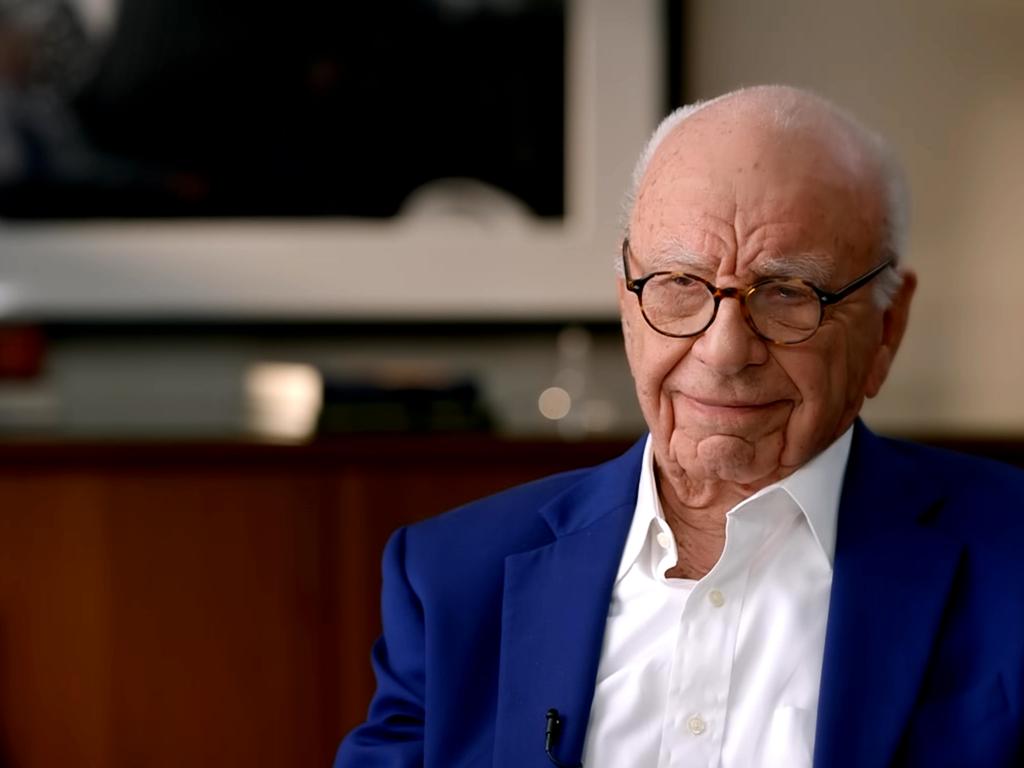

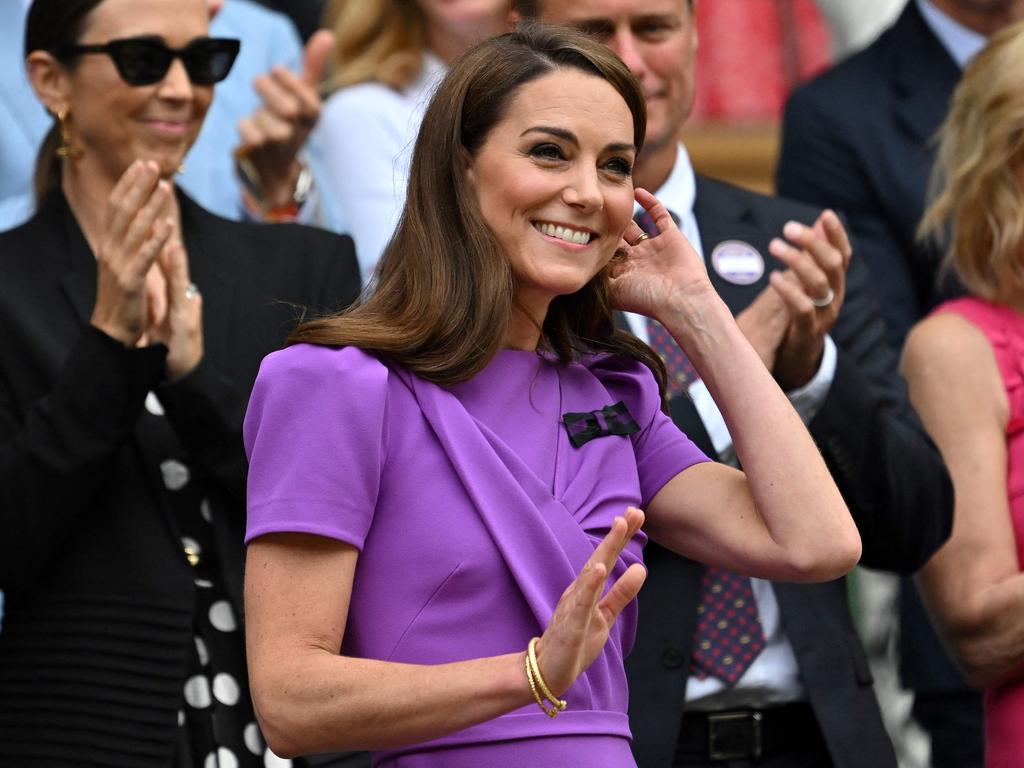


To join the conversation, please log in. Don't have an account? Register
Join the conversation, you are commenting as Logout